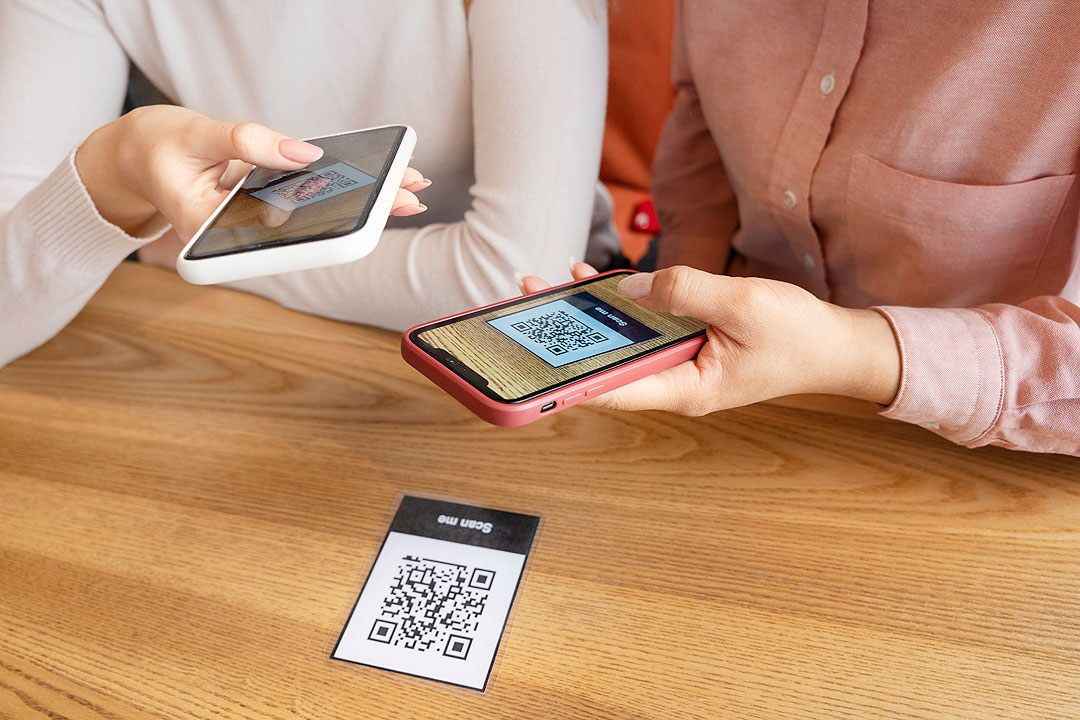Making the case against bad profits via shrinkflation and the case for customer love

IN MANY PARTS of the world, inflation is climbing quickly, including in the US, where I live and where inflation is now north of 8%. But even that official number seems to understate the issue. Everywhere is evidence of “shrinkflation,” the practice of getting less for the same price. Sit down at a restaurant and order using the QR code so the harried waiter can cover twice the number of tables. Buying a new car? Chip shortages and supply chain bottlenecks mean you had better be flexible on color. Even Amazon, a company with an avowed desire to always put the customer first and a pretty strong track record of doing so, decided that Prime subscriptions would no longer include free Whole Foods delivery. Prime members still pay $139 a year, but now they also have to pay $9.95 any time they want something from Whole Foods at their doorstep.
As the New York Times’s “The Upshot” explained in a column titled “There Is Shadow Inflation Taking Place All Around Us,” this type of inflation is simply not captured in typical government data.
In much of Asia, inflation seems to be under control, largely due to steadier food prices, according to a recent article in the Economist. But even here, shrinkflation is a real thing. In Singapore and Japan, standard sizes of common products like chocolate, soda, and chips are growing steadily smaller.
Businesses face large challenges right now, from labor shortages to supply chain disruptions, but giving customers less for their money is the opposite of customer love. Leaders can make the best of a tough situation by doubling down on innovation and transparency.
One of the chapters in the book I recently wrote with Fred Reichheld and Maureen Burns, Winning on Purpose, is called “Be Remarkable: Not Merely Satisfactory.” Examples include former Discover CEO David Nelms’s customer-centric decision to risk $200 million of the credit card issuers late-fee revenues by sending customers an e-mail alert the day before the fee would be levied. Or consider the opportunities that mobility, delivery, and financial app Grab’s created for drivers during the pandemic by granting them access to customers. Many small- and medium-size enterprises report that their sales would have declined at the height of the pandemic if not for food delivery platforms, which also ensure they get real-time customer feedback after each order.
Companies with a strong Net Promoter Score regularly achieve the remarkable, but it takes effort. They work in systematic and ever-changing ways. Virtual medical insurance company Bowtie, launched in 2019, has scored strong reviews from customers by focusing on simple, easily understood products and offering helpful, empathetic guidance. The company has a dedicated concierge team focused on the buying experience, not on sales, and, as a new entrant, has built trust by having a physical presence. On the second floor above its café, Bow Coffee, is an in-person customer service center.
We need some surprise to wow us and inspire us to talk about an experience with friends and colleagues. Innovators are finding new ways to create that kind of enthusiasm by engaging customers and giving them a sense of fun. Apps like Strava and Duolingo employ gamification to make exercise and language study competitive, challenging, and more enjoyable. Bowtie’s decision to use pink in its logo, and name itself after something you don for a special moment in your life, show a sense of fun but also that they offer something different from traditional competitors. “We wanted to create a brand that could really touch people, while being playful and innovative,” says cofounder and co-CEO Fred Ngan.
Innovations like these are important, but so is transparency. If you have to raise prices, be clear about why. Take the time to walk customers through the math. If labor costs have doubled, let them know that. You may find customers appreciate that you are taking care of your employees. And for those who just can’t afford the higher price, tiered pricing can help. For a service provider like a gym or a cleaning service, that might mean adding a lower-priced plan for people who use the service less frequently.
No one wants to pay more, but inflation doesn’t have to make your company any less remarkable.
Darci Darnell is the global head of Bain & Company’s Customer practice and is the co-author, along with Fred Reichheld and Maureen Burns, of Winning on Purpose: The Unbeatable Strategy of Loving Customers.



